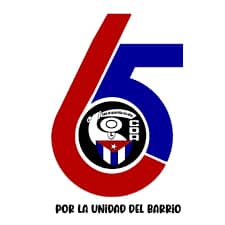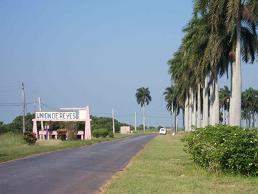Fidel and his concept of people. Presence of a Southern approach in his thought, since the Moncada trial (Part 2).

As a presupposition of the Moncada events, Fidel, when referring to the Revolution as a source of law, exhaustively analyzed the requirements that a Revolution must meet and its difference with the coup d’état and, of course, specifically Batista’s traitorous coup of March 10th, 1952, as a denial of the Revolution and of the most elementary principles of ethics.
The Revolution represents a social change and progress for the people. Batista’s coup d’état was a step backwards, because the regime he imposed ignored the Constitution, public liberties, the electoral system and other democratic institutions.
He surrendered to big interests in the face of his total lack of ideology and principles. The acts of vandalism were constantly repeated, which Fidel detailed in detail in his defense, before a prosecutor who was seated on the bench of the accused, a plea in which he criticizes the erroneous and false position of the so-called judiciary.
He developed the concept of the people in a clear and brilliant way in his exposition in the Moncada trial, in the rigged judicial summary that followed the assailants after the events.
Fidel in his defense did not deny the accusation, nor did he even pretend to do so. He denounced the crimes committed and challenged the system, its laws and courts and the non-compliance of the laws themselves by the authorities and courts trapped in their contradictions. He raised the legality of the July 26th action under the protection of the 1940 Constitution itself, after exhausting the established means and procedures.
The eminently ethical and profoundly human character expressed in the Moncada action, the foundations of the defense and the subsequent work, counts, among its examples, the enacted legislation on the assistance to the victims of the war and their families, approved in the first weeks after the revolutionary triumph, which benefited people from both sides and those condemned by the revolutionary courts whose respect and protection Fidel had announced in his defense, as for the women and children of the brave men who fell in front of the assailants.
The legitimate nature of resistance to despotism, universally recognized, was specifically enshrined in the second paragraph of Article 40 of the violated Constitution of 1940: «Resistance is legitimate and appropriate for the protection of individual rights previously guaranteed». That Constitution, which in its self-defense, Fidel pointed out as «already influenced by the socialist currents of today’s world».
Written by Dr. Osvaldo Manuel Álvarez Torres.




